To ensure a healthy, happy life for your guinea pig, it will need things like a secure, well-maintained hutch and a balanced diet (we break down the proper diet for guinea pigs in our Scurvy in Guinea Pigs blog). It will also need a trustworthy vet willing to equip you with the knowledge needed to provide your guinea pig with the best care.
Part of how we educate pet owners is through our blogs. We can teach you all there is to know about properly caring for your guinea pig, from housing to nutrition to preventative healthcare and everything in between. We regularly update our blogs, so be sure to check back on occasion for new topics. As always, feel free to contact us if there is a specific topic or question you would like to see addressed.
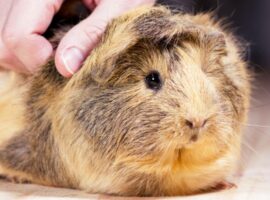 16/05/2023
16/05/2023 Guinea Pig Skin Conditions
 20/03/2023
20/03/2023 Vitamin C Deficiency in Guinea Pigs
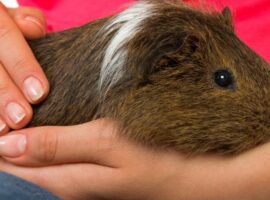 13/06/2022
13/06/2022 Caring For Guinea Pigs
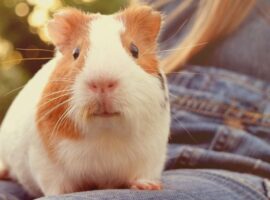 07/02/2022
07/02/2022 Ovarian Cysts in Guinea Pigs
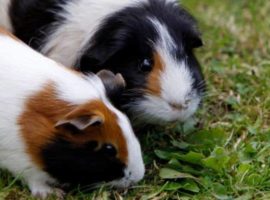 20/04/2021
20/04/2021 Faecal Impaction In Guinea Pigs
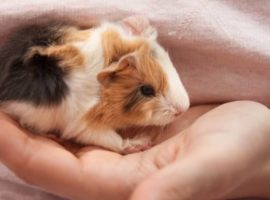 25/10/2020
25/10/2020 